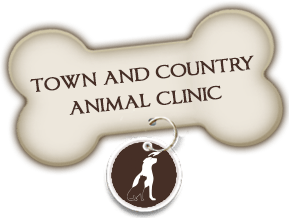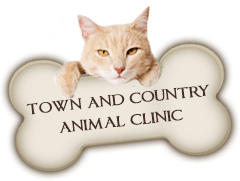What is KCS?
KCS is defined as a deficiency of tears that occurs commonly in dogs and infrequently in cats. It is most commonly a chronic disorder. It may affect one eye or both eyes.
What are the Signs of KCS?
1. Recurring conjunctivitis: swollen membranes around the eye with minimal irritation to the surface of the eye.
2. Tacky, mucoid discharge: caused by the decrease of tear production. This discharge clings to the eyelids and the surface of the eyes and may stick the lids together.
3. Effects on the conjunctiva: it may become red, thickened and possibly pigmented.
4. Dry nostril: on the affected side.
5. Possible corneal ulcers: ulcers may develop on the surface of the eye which may cause pain for your pet and may cause the eye to rupture.
What breeds are predisposed to KCS?
- Cocker Spaniel
- West Highland Terrier
- Shih Tzu
- Lhasa Apso
- Cavalier King Charles Spaniel
- Bull Terrier
- Bulldog
- Miniature Schnauzer
- Dachshund
- Chihuahua
- Pekinese
What causes KCS?
1. Autoimmune: the tear producing gland breaks down due to inflammation caused by the immune system and stops the tear production.
2. Congenital: may be due to a lack of growth or development of the tear producing glands present at birth.
3. Trauma: damage to the nerves that supply the glands.
4. Secondary to chronic conjunctivitis: the swollen membranes around the eye may cause obstruction of the ducts leading from the glands.
5. Distemper: the distemper virus can destroy the tear producing glands.
How is KCS treated?
This can be treated medically initially but may require surgery performed by a Veterinary Ophthalmologist if there is no improvement with medication. At the Town and Country Animal Clinic we would use a combination of cyclosporine eye drops, corticosteroids and antibiotics. The cyclosporine not only stimulates tear production by stopping the immune system from attacking the gland tissue. It can slowly reverse some of the changes over time, but it will need to be used for the rest of the animal’s life.
If you have any concerns about your pet, please call us (519) 250-0099.
www.TownandCountryAnimalClinic.ca







